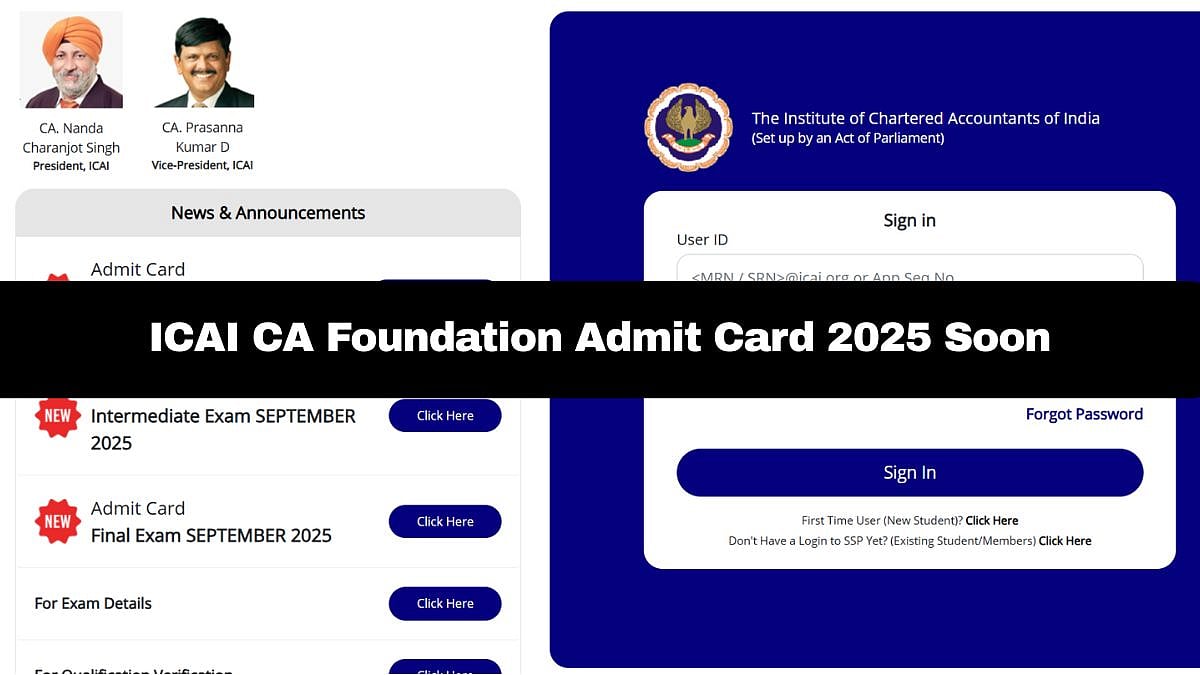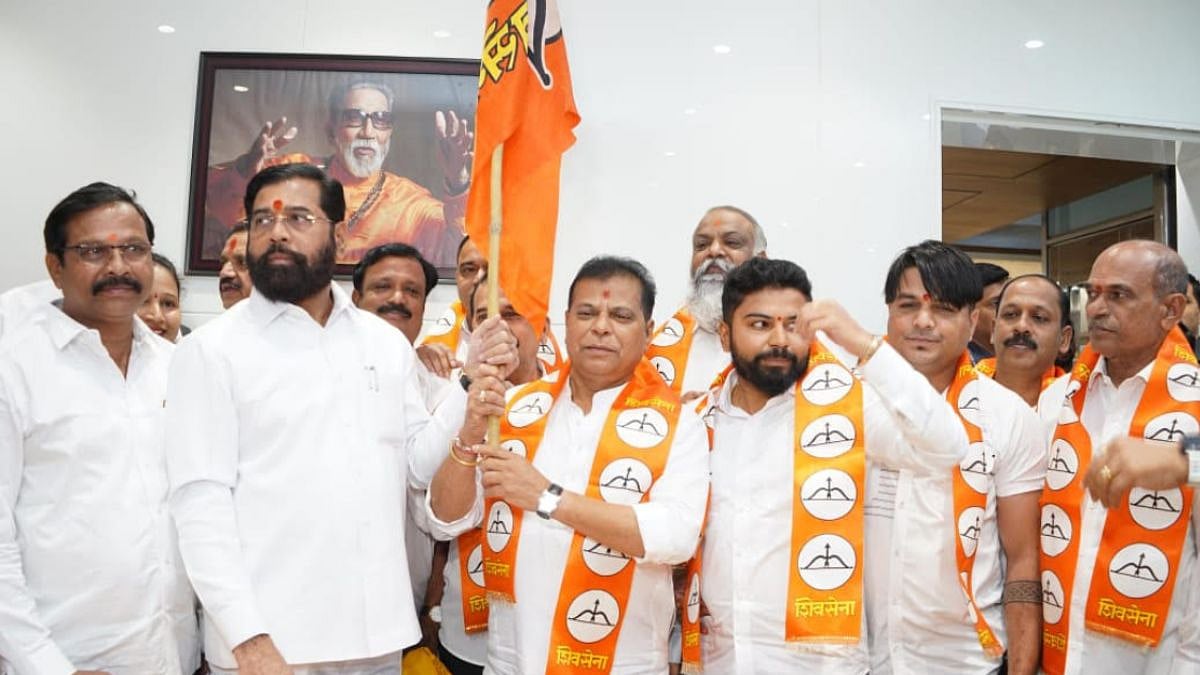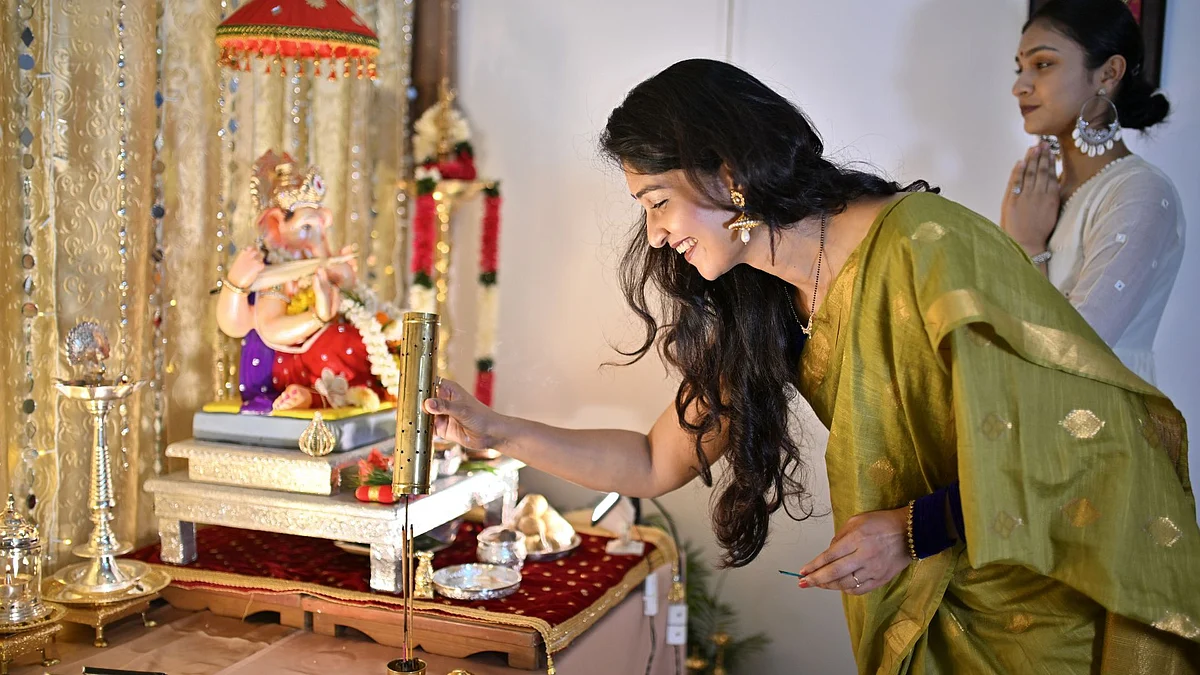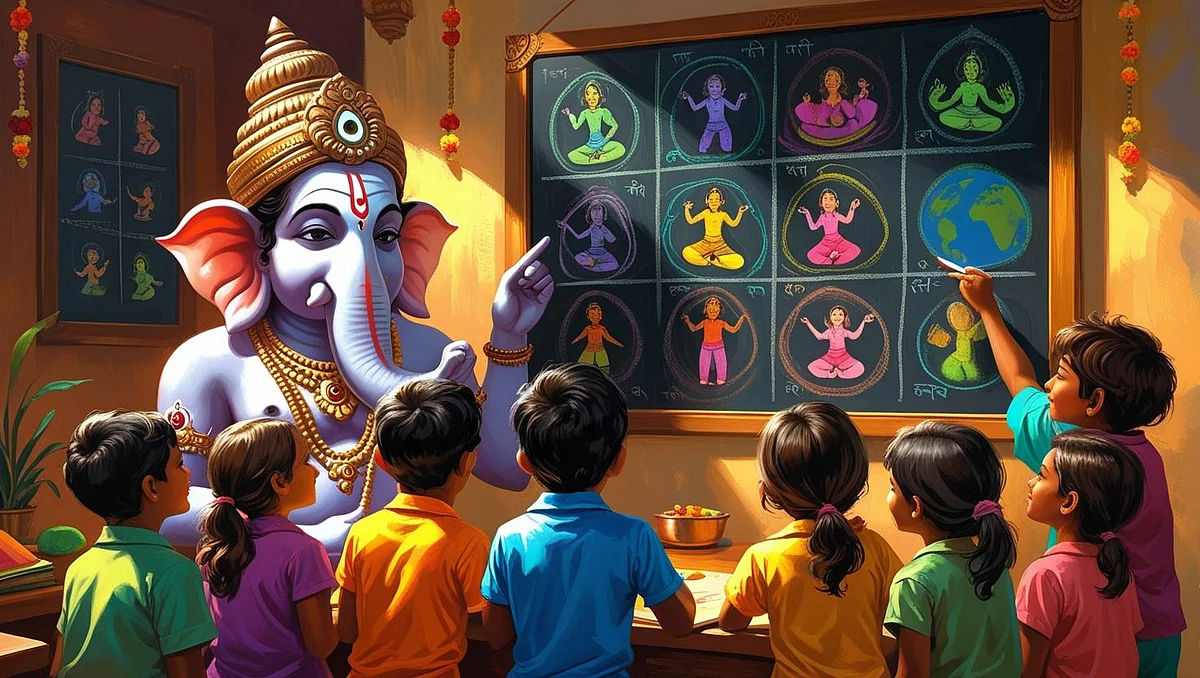'E maari behno, Swaraj levu sehl chhe’ (Oh dear women/ it isn’t difficult to snatch Swaraj) – at 88, Elaben breaks into garba seeped in the spirit of the freedom struggle of her young years. “You call it independence now, we used to call it the fight for swaraj,” she says, and goes on, as she spots a bird hopping trees in the compound of her modest bungalow, “The vision was Purna Swaraj.”
There is sadness in her eyes and stoicism in her voice, as she often swallows that lump in the throat. On one hand, she vividly recounts the independence slogans, the gunshots, and the satyagrahis hiding in her home, and on the other, wonders, “Where is Swaraj? Is this Swaraj?” It is a struggle for her. It would sure be. Elaben Bhatt is the Chancellor of Gujarat Vidyapith, the esteemed institution set up by Mahatma Gandhi in 1920. Elaben Bhatt is also the founder of SEWA (Self-Employed Women’s Association), a revolutionary union for unorganised ‘invisible’ women workforce inspired by Gandhi’s teachings. She is an emeritus member of the Elders, a group of world leaders founded by Nelson Mandela to promote human rights and peace.
She was awarded the Ramon Magsaysay Award for Community Leadership in 1977, the Right Livelihood Award for Changing the Human Environment in 1984, and two of India’s highest civilian honours: The Padma Shri in 1985 and the Padma Bhushan in 1986.
“I understood Swaraj in my growing up years as the fight against the British rule. But its essence, relevance, significance, and meaning in its entirety went on crystallising with time,” she says.
Suddenly, with a rush of energy, she declares, “No, this is not Swaraj, this is incomplete.” Gandhiji says in Hind Swaraj, she recalls in Gujarati, “Jyan sudhi jan-jan swaraj bhogve nahi, tyaan sudhi swaraj adhuru chhe (Until every single person is able to enjoy Swaraj, it is incomplete)”. Elaben stresses, “Every single person should be able to ‘enjoy’ Swaraj! Enjoy is the word. I eat what I want to, wear what I feel like, go where I want to, decide what I do, I do what I do.”
“That’s Swaraj! Can you feel it?” she asks, and replies, “I don’t. My Swaraj is incomplete, and so is yours,” Elaben emphasises.
Not directly speaking about the current political leadership — and not so by design — she says, “Gandhiji was so much a part of us, among us, he won’t talk to you from a pedestal. I remember he would come to Surat when I was in school, go to Valsad and come back like any of us.”
“Unlike now, he was not separate from us; like a neta is now as though what he speaks is like God saying it. Gandhiji would guide us, teach us, but by sitting amongst us and not from a pedestal. That is one big difference,” Bhatt says.
So why does she think the Swaraj is incomplete, 75 years down the line? “Oh, there is a huge population that is growing poorer; the gap between the haves and the have-nots is widening, and the marginalised are getting more marginalised.”
Elaben is unstoppable, as she adds, “There is inequality everywhere. The poor don’t feel safe, they are engulfed in all kinds of uncertainties. What is happening to the farmers? Their numbers are going down, they are becoming labourers, there is corporatisation of agriculture, monopolistic tendencies, huge pieces of land owned by fewer people.”
“What is happening now is exploitation,” says the worried Gandhian. According to Elaben, the country faces three types of crisis. “One, poverty despite abundance; two, increasing tolerance and huge collapse of morality, and three, environmental catastrophe, yes it is a catastrophe; what is oxygen shortage,” she asserts.
For the solution, she opines, “We need an economy of nurturance where all sectors nurture each other. We will have to bring complete Swaraj. Nobody is going to do it for us, it is the people who will have to do it.”
She is worried that “women are the worst sufferers”. Explaining why she set up SEWA, the union of women workers, in 1972, Elaben says the attempt was to organise the informal unorganised women workforce “who were not counted among labourers and so wasn’t their contribution to the economy.”
The big challenge today is also the “increasing or unattended informal workforce, and more so, the women”, she says, and explains, “When I started SEWA, informal workforce comprised 89% of the total, and 50% of them were women. Now, it is 94% and women 50%. The invisible, the voiceless. Didn’t we see lakhs of migrant workers walk or cycle back home hundreds of kilometres?”
On the recent attempts by the Central Government to redevelop the historic Sabarmati Ashram at the risk of losing its character, Elaben says, “We (she is the Chairperson of Sabarmati Ashram Preservation and Memorial Trust) are clear that we are against anything that disturbs the simplicity, the frugality, the ethos, the autonomy of the Ashram. These have to be maintained and preserved.”
Born on September 7, 1933, Elaben Rameshbhai Bhatt is the founder of the Self-Employed Women’s Association (SEWA), which became the first union of unorganised women workforce that went on to expand into a unique instrument of empowerment of women from the lowest strata of society. Her leadership brought national and international recognition.
She was a cofounder in 1979 of Women’s World Banking (WWB), a global network of microfinance organisations that assist poor women, and served as its chairperson from 1984 to 1988. In 1986, she was appointed to the Rajya Sabha where she served until 1989, and chaired the National Commission on Self-Employed Women, which was established to investigate the conditions of poor women workers. Bhatt has also been an advisor to the World Bank on microfinance, banking and anti-poverty programmes.
She joined the Elders, a group of world leaders that was founded by Nelson Mandela to promote human rights and peace, 2007; to become its emeritus member in 2016.











